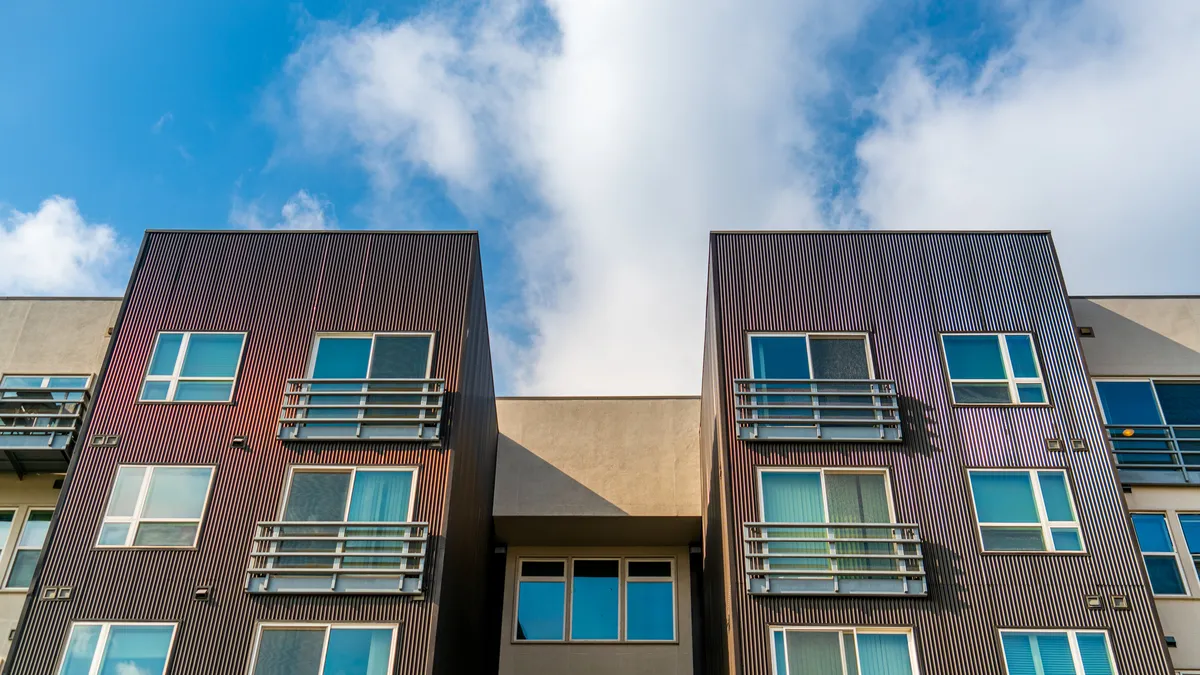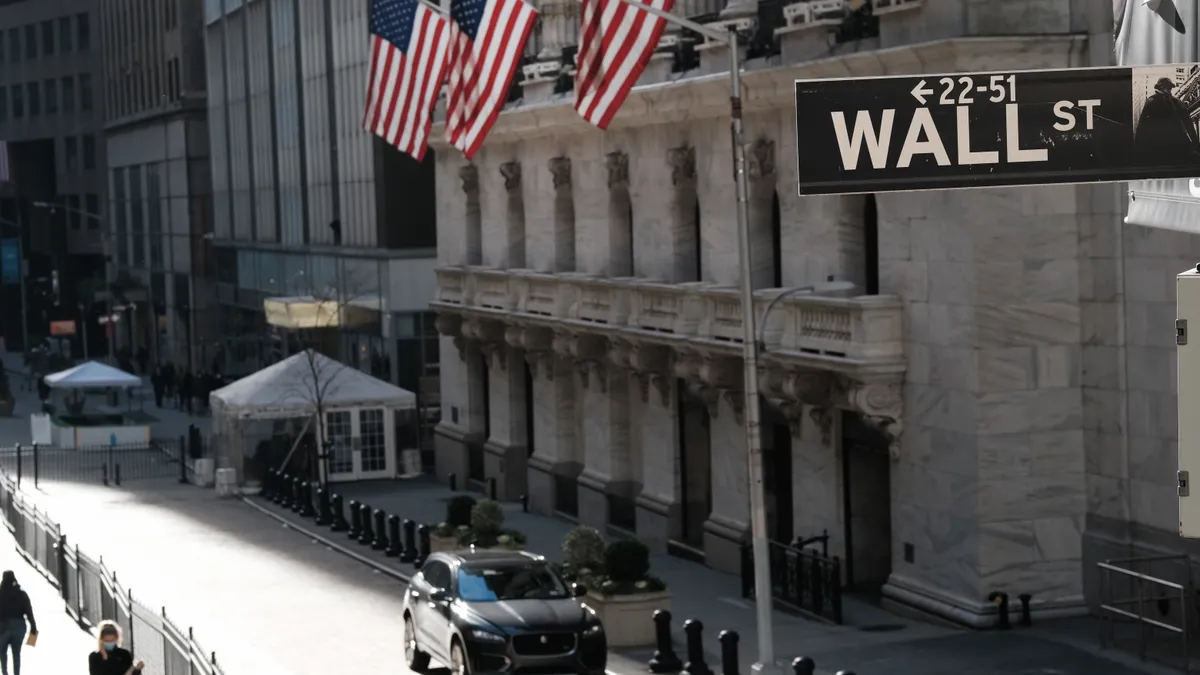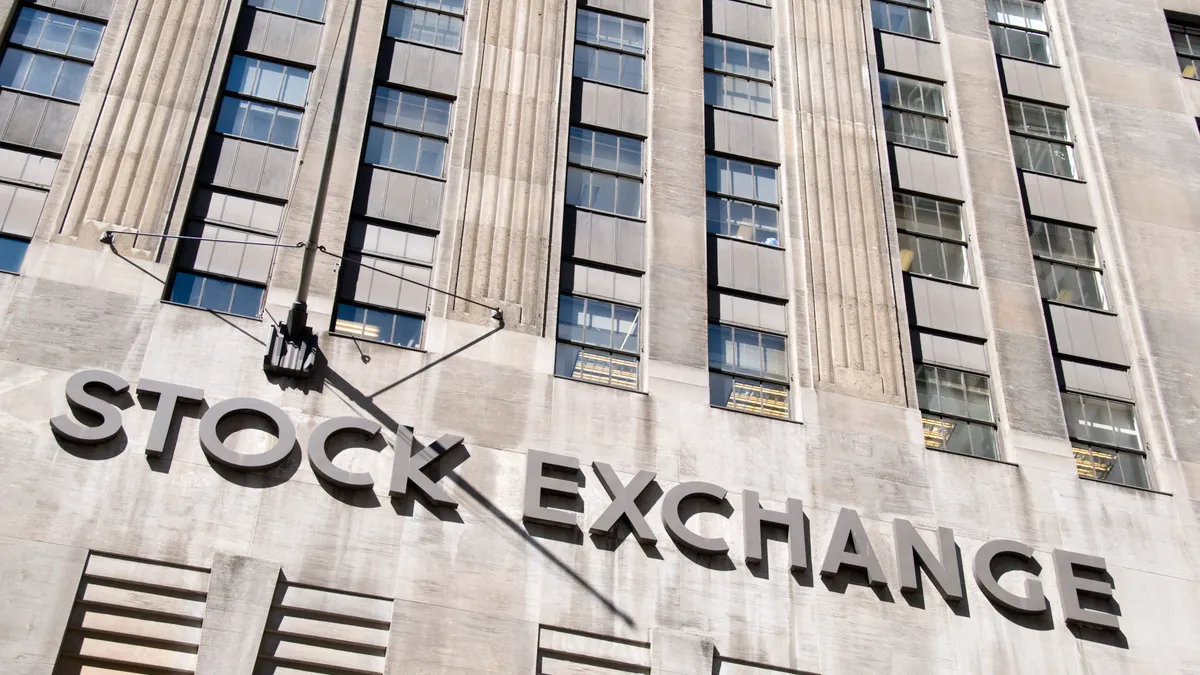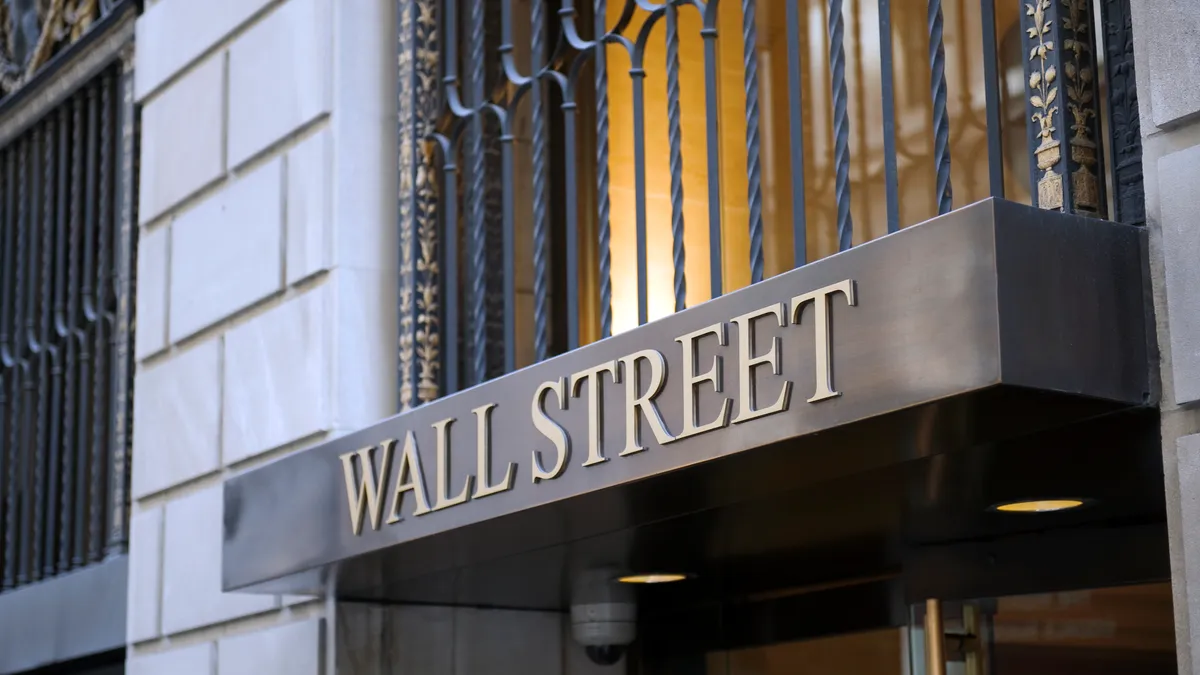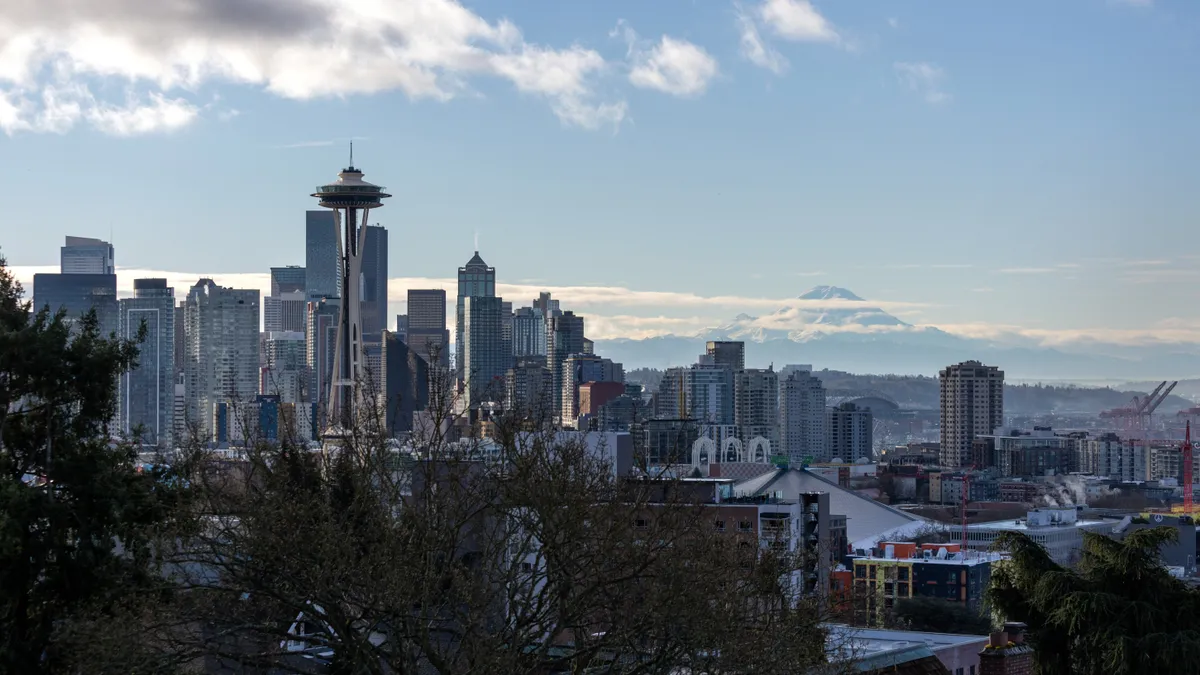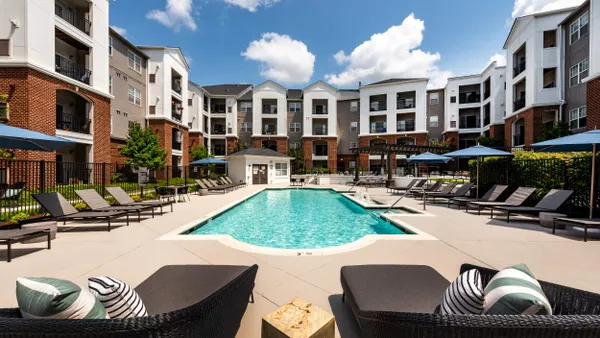With a foothold in the Sun Belt, MAA may be more susceptible to the record levels of apartments hitting the market than any other apartment REIT.
The Memphis-based firm’s same-store net operating income fell 1% year over year, but relief may be in sight, CEO Eric Bolton said on MAA’s second-quarter earnings call in early August.
MAA is “in the midst of what’s clearly record levels of new supply coming into our market, and we kind of feel like we're in the worst of the storm right now,” Bolton said. “We think that we're seeing sort of bottoming out occurring as it relates to what's happening with new lease pricing.”
In Q2, MAA’s new pricing fell 5.1% YOY, but Bolton expects it to “hang in there this year” before a big improvement in 2025.
“Next year, we think it starts to really take off,” Bolton said. “It will take a while for it to really build into revenues and ultimately into NOI just because of seasonal factors.”
Here are three other takeaways from MAA’s earnings release and call with analysts:
Strong renewals
Although new leases might be a challenge, MAA’s Q2 renewal rate of 4.6% boosted the firm’s blended lease rate by 70 basis points over Q1. Resident turnover remained historically low at 43.5% on a trailing 12-month basis, powered by record-low move-outs to buy single-family homes.
“We continue to see solid demand in our markets, supported by strong household formation and positive wage and job growth, leading to continued blended pricing momentum in July with stable occupancy,” MAA’s President and Chief Investment Officer Brad Hill said on the call.
Austin, Texas; Atlanta; and Jacksonville, Florida, were the metros most negatively impacted by new supply. However, the firm’s mid-tier markets provided a boost.
“Similar to last quarter, Savannah, [Georgia]; Richmond, [Virginia]; Charleston, [South Carolina]; and Greenville, [South Carolina], are all outperforming the broader portfolio from a blended lease-over-lease pricing standpoint,” said Tim Argo, MAA’s chief strategy and analysis officer, on the earnings call. “Our portfolio balance between large and mid-tier markets and diversification of submarkets within a market help strengthen performance through the cycle.”
Argo noted that blended lease pricing of 0.3% in July was up from Q1 and Q2 and that new leasing pricing had improved each month since March. “Furthermore, the year-over-year change in asking rents for August is expected to be positive for the first time since February of 2023 — 18 months ago,” Argo said.
Development opportunities
MAA had seven properties, totaling 2,617 units, under development at the end of Q2. It also started construction on a 302-unit multifamily apartment community in Charlotte, North Carolina, and a 345-unit multifamily asset in Phoenix.
BY THE NUMBERS
| Category | Q2 | YOY Change |
| Property revenues | $521.5 million | 0.7% |
| Net operating income | $328.3 million | -1.0% |
| Operating expenses | $193.3 million | 3.7% |
| Funds from operations | $2.06 | 13.8% |
| Rent per unit | $1,690 | 0.5% |
| Occupancy rate | 95.5% | 0 bps |
SOURCE: MAA
The REIT also provided financing to take out the equity partner on a 239-unit property under construction in Charlotte. MAA has the option to purchase the development after it is stabilized.
“The project suffered an early delay and that put the project's investment horizon outside of the equity fund’s horizon,” Hill said. “Our previous relationship with the developer and the equity partner provided us the unique opportunity to invest in an under-construction project with no entitlement risk and a materially shortened construction schedule, with first units scheduled to deliver in the second quarter of 2025.”
MAA continues to do pre-development work on a number of other projects in its pipeline, according to Hill. Overall, it has 11 projects, totaling 3,100 units, in that pool. “We maintain optionality on when we start these projects, but we expect to start construction on one to two more projects later this year, bringing our development starts for the year to four to five,” Hill said.
Although MAA has seen a major decline in construction costs, it’s prepared to adjust if the market moves. “We are hopeful that as the current under-construction pipeline winds down, we could see more improvement in construction costs and schedules as we progress through the year, supporting our ability to start construction on additional opportunities and compelling yields,” Hill said.
Acquisitions to increase
In May, MAA acquired a 306-unit property in Raleigh, North Carolina, for approximately $81 million, which is 15% to 20% below replacement cost, according to Hill. “This newly constructed property is currently in its initial lease-up, and finished the quarter at 62% occupied,” Hill said.
MAA is currently selling two properties — one in Charlotte and one in Richmond — that it hopes will close by the end of the year. It has two acquisitions in the due diligence phase and it expects to close those deals in the coming months, according to Hill.
“The three acquisitions [in Q2 and Q3] are expected to deliver stabilized NOI yields on average [of] just under 6%,” Hill said. “Based on the activity our team is seeing in the market, we believe our forecast and acquisition volume of $400 million is achievable.”
However, Hill said transaction volume remains slow in MAA’s markets with cap rates in the low-5% range and unlikely to budge.
“Given where the expectations are with interest rates and some of the market not being quite as uncertain as it was last year, I would expect cap rates to kind of stay in that range going forward,” Hill said. “There is a lot of optimism in 26-27 fundamentals, and so that’s certainly being reflected a bit in the transaction market.”
Click here to sign up to receive multifamily and apartment news like this article in your inbox every weekday.





